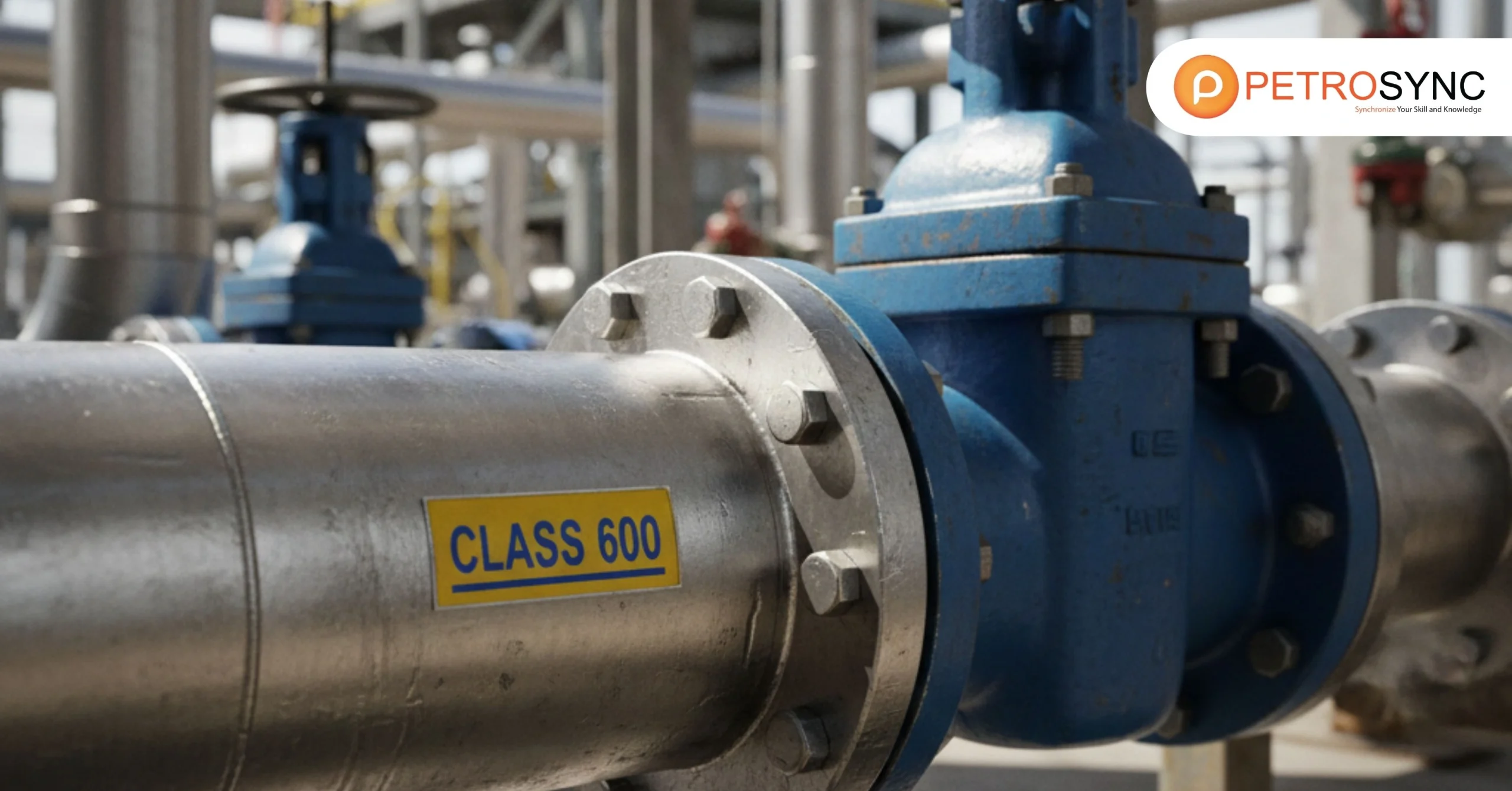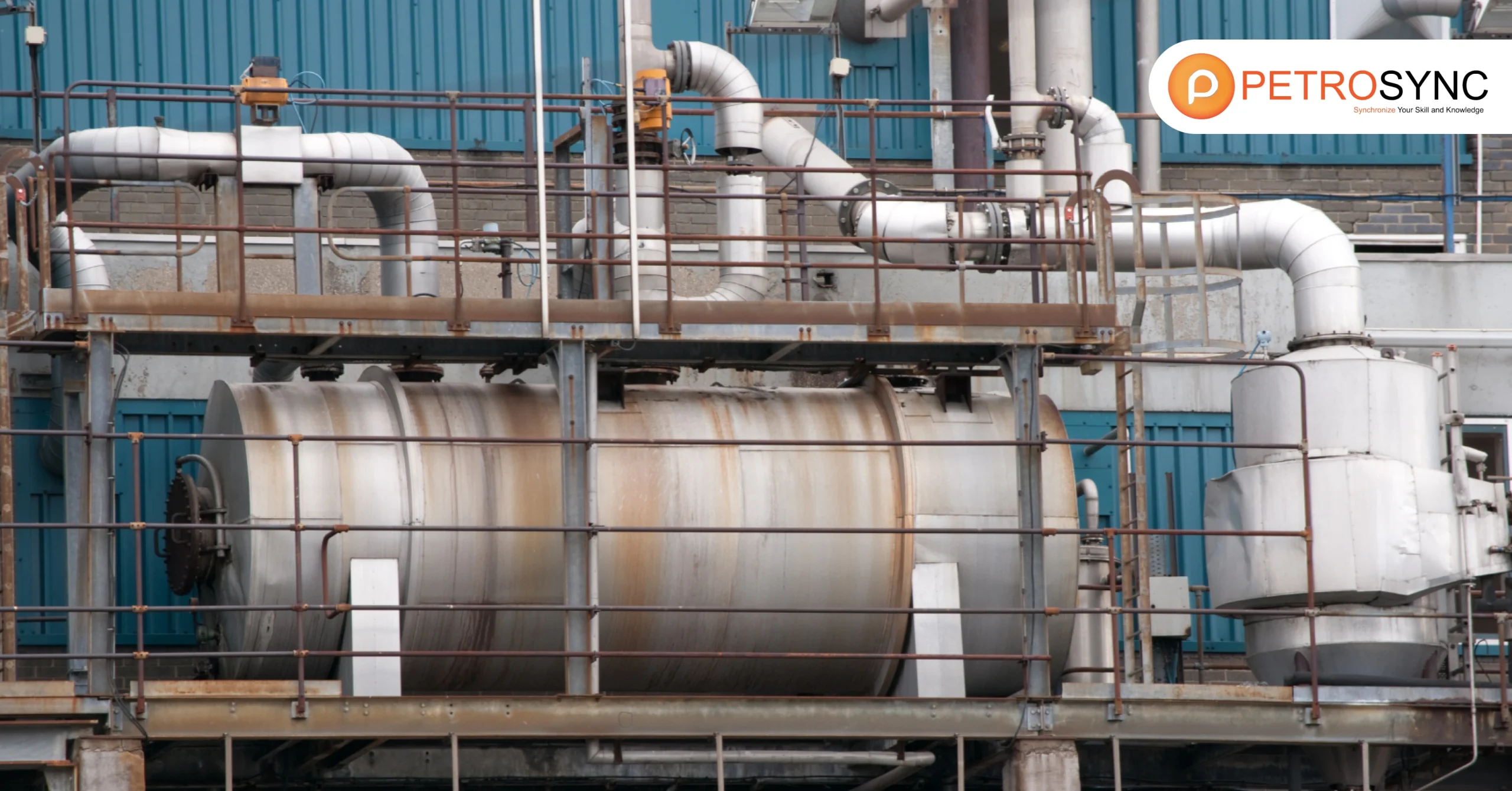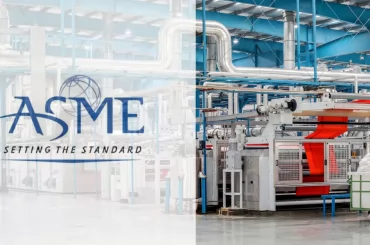In engineering fields like oil, gas, and energy, ASME standards are essential for safety, reliability, efficiency, and successful operations. Companies that adhere to this guideline can reduce risks while enhancing efficiency, performance, and stakeholder trust. The American Society of Mechanical Engineers (ASME) developed some of the most well-known and widely accepted standards.
Building a comprehensive framework that is currently utilized in a wide range of industrial operations around the world. ASME standards are highly appreciated since they are widely accepted and give specific assistance for businesses dealing with compliance, safety, and quality assurance issues.
Following established standards is more than simply a guideline in engineering’s complicated and tightly regulated world, particularly in the oil and gas, petrochemical, and energy industries.
What Is The ASME Standard?

ASME Standard is a comprehensive set of internationally recognized guidelines for designing, manufacturing, and operating mechanical equipment. The ASME was established in 1880 with the objective of improving the safety of steam boilers, which were a major concern at the time due to a series of mishaps.
ASME’s scope has expanded over time to encompass codes and standards for a wide range of mechanical systems, including pressure vessels, pipelines, and nuclear components. For example, the ASME Boiler and Pressure Vessel Code (BPVC) is frequently required by law in many regions of the world.
This code contains detailed guidelines for the design, construction, maintenance, and inspection of pressure vessels and boilers, making it a vital component of safety management in high-risk industries.
How To Find ASME Standards?
ASME standards are reasonably easy to get due to the organization’s powerful distribution networks. The official ASME website includes a comprehensive library where visitors can look up individual standards by name, category, or keyword. This catalog is continually updated to reflect the most recent improvements and revisions.
Industry professionals can access ASME certifications with the help of training programs, libraries, and approved distributors. ASME makes its standards available in both digital and printed formats, ensuring that engineers and other stakeholders can easily find the resources they need.
Many institutions, including universities and professional societies, provide access to ASME standards through collaborations or memberships, allowing both professionals and students to stay up to date on the current requirements.
In addition, ASME routinely holds webinars, seminars, and workshops to teach engineers how to implement and understand these standards. These sessions provide crucial insights into the ways standards adapt and transform in response to industry needs.
What Is The ASME Requirement?
ASME regulations ensure materials, processes, and products meet quality and safety standards, often mandated to reduce equipment-related risks. Companies must adhere to ASME regulations to avoid equipment failure, accidents, and environmental dangers. Pressure vessels in the oil and gas industry.
For example, must be built in accordance with ASME standards to withstand the high pressures and temperatures experienced during drilling and extraction activities. Companies that adhere to compliance can protect their people and the environment while avoiding costly business disruptions.
Why Is ASME Used?
ASME standards provide industries with uniform terminology and structure to promote mechanical engineering consistency, safety, and efficiency. They are well-known for their stringent testing procedures, which ensure that equipment works well in a range of situations.Adherence to ASME standards is critical in industries such as oil and gas, where equipment must withstand high pressures, temperatures, and corrosive chemicals.
Is ASME a Code?
ASME serves as both a specification and a code. A code is a set of enforceable rules; ASME’s BPVC mandates design, inspection, and testing of pressure vessels and boilers. This guideline is more than just a suggestion; in many cases, it is a legal necessity. ASME codes are intended to ensure that all equipment follows strict safety protocols.
Thereby preventing accidents and ensuring that systems run properly. The ASME BPVC, for example, contains several parts that cover various types of pressure vessels and boilers, with specific standards for materials, design, testing, and certification.
What Is ASME Certified?
ASME certification is a quality certificate that verifies that a product, method, or company meets the stringent ASME requirements. Obtaining ASME certification requires a detailed assessment process in which ASME specialists confirm that the entity meets the necessary requirements.
This certification is especially relevant for manufacturers and service providers who work with mechanical systems and pressure equipment. ASME certification helps businesses gain credibility by demonstrating compliance with internationally recognized safety and quality requirements.
It ensures clients and regulators that the company’s products and procedures have been rigorously tested and satisfy ASME’s high standards. ASME certification can potentially lead to new market opportunities because many contracts demand ASME certified equipment.
What Is the Difference Between ASTM and ASME?
Both ASME and ASTM (American Society for Testing and Materials) produce standards, although for different reasons. ASTM standards focus on material testing and specifications, ensuring they meet specific quality and performance criteria. These standards are frequently used in various industries to ensure material reliability and consistency.
ASME standards, on the other hand, outline how mechanical systems and equipment should be designed, built, and tested. ASTM, for example, may establish pipeline steel standards, whereas ASME may include pipeline design and construction requirements. Oil and gas industries use ASTM and ASME standards together to ensure full compliance with material and engineering criteria.
Elevate Your Skills with PetroSync’s ASME Standard Courses
Understanding and using ASME standards is critical for professionals in the oil and gas business. PetroSync provides specialized ASME standard courses that provide in-depth knowledge and practical skills. PetroSync’s ASME training equip professionals with industry standards knowledge, enhancing careers and supporting safer, efficient operations.
PetroSync’s ASME training programs include a wide range of topics, including boiler and pressure vessel rules, material specifications, and certification processes. Completing these courses will allow you to negotiate the complexity of ASME standards and effectively apply them in your industry.

Results-oriented and thorough SEO specialist with extensive experience in conducting keyword research, developing and implementing digital website promotion strategies and plans, managing campaigns to develop company websites in the digital world, excellent knowledge of marketing techniques and principles, and attentive strong attention to detail.







